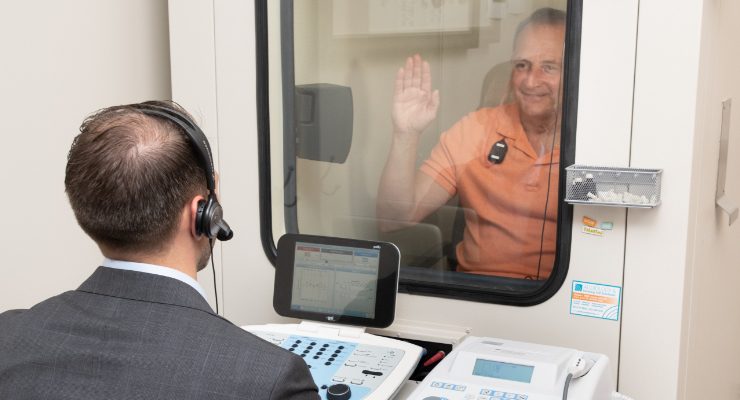
Regular exercise provides a wealth of health benefits. You can improve your mood, sleep habits, and physical and mental health with a good exercise regimen. But did you know it can also protect you from hearing loss?
Cardiovascular Health and Hearing Loss
Numerous studies have shown that hearing loss is directly affected by poor cardiovascular health. A Harvard study revealed people with heart disease are 54% more likely to develop hearing loss.
Exercise stimulates your heart so it can effectively pump blood to the rest of your body, including your ears. The hair cells in your ears rely on oxygen-rich blood to perform their job and send audio stimuli to your brain. Good circulation also improves the cochlea’s neural function, which is essential for sending sounds to the brain for translation.
Weight Management
Exercise is a great way to lose or manage weight. Maintaining a healthy weight lowers your risk of developing Type 2 diabetes, which is often a comorbidity of hearing loss. Poor circulation is a side effect of diabetes, so your ears may suffer from a lack of sufficient blood flow.
Your ear’s hair cells are also very sensitive to changes in blood pressure. They are more likely to sustain permanent damage or die off if you have circulation issues. The blood vessels in your ears may also suffer from plaque build-up if you’re at an unhealthy weight.
A Healthy Brain Supports Healthy Hearing
A strong brain is more effective at processing sounds, and regular exercise can improve overall brain health. Like the ears, your brain relies on a heavy supply of oxygenated blood flow.
Exercise provides your brain the blood and energy it needs to do its job. It also stimulates connections between synapses and can strengthen your brain’s ability to reduce inflammation and insulin resistance.
Exercise Tips
- Your workout routine should include aerobic exercises that work large muscle groups. That might include walking, jogging, swimming, cycling or dancing.
- Aim for 30 minutes of exercise at least five times a week.
- Set realistic goals for yourself, especially if you’re starting a new exercise plan.
- Talk with your doctor about exercises that suit your age, size and body type.
- Keep the volume down on headphones. You don’t want to harm your hearing by blaring loud music in your ears.
Ready to get started on your journey to better hearing? Call Audiology & Hearing Aid Solutions at 888.473.8702 or contact us online to schedule your appointment.



